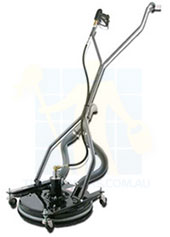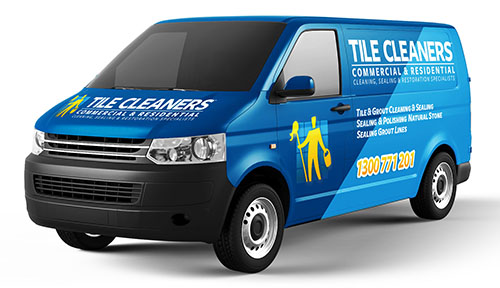A ceramic tile is a mixture of clays that have been pressed into shape and fired at high temperatures; this gives the tile its hardness and durability. The bisque, or body, of the ceramic tile may then be glazed or left unglazed depending on its intended use.
KEYS FEATURES & APPLICATIONS:
GLAZED (MOST COMMON)
Liquid glass is applied to the body of the tile and fired at high temperatures. The glazing becomes hard and non-porous resulting in a tile that is:
Suitable for floor and wall tiles
Suitable for domestic and commercial applications
Suitable for internal use and some external use
Stain resistant
Scratch resistant
Water Resistant
Easy to Clean
Light resistant (colour fast)
Fire resistant
Hygienic
Cost effective
Note. Shiny glazes are softer, can be scratched easier, and can be more slippery than the satin or rustic finishes
UNGLAZED
No glazing or any other coating is applied to the tile. The colour is the same on the face of the tile as it is on the back. An unglazed tile is:
Suitable for floor and wall tiles
Hard wearing
Does not show the effects of heavy traffic
Ideal for use in commercial areas
Suitable for internal use ONLY
Fire resistant
Cost effective
Note. Slight colour variations may occur between production batches, so it is essential you always measure accurately and order sufficient for the whole job. Check random tiles before fixing to ensure that all tiles purchased were from the same batch and match your expectations.
Ceramic Porcelain Quarry Stone Glass Floor Tile Suitability Testing




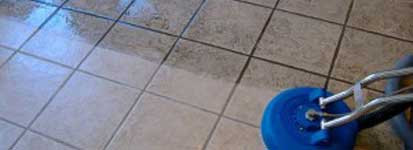
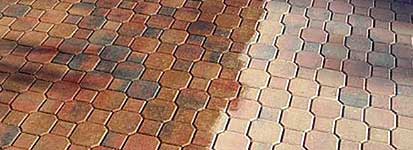
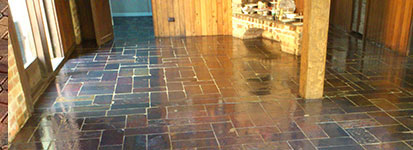
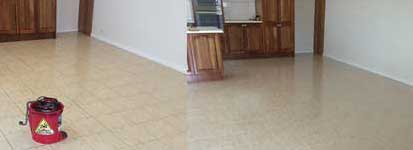
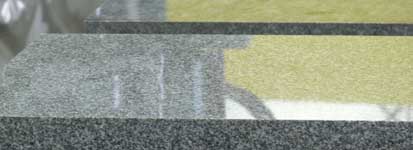
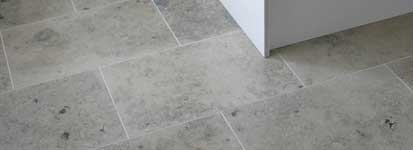
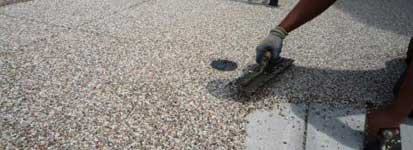
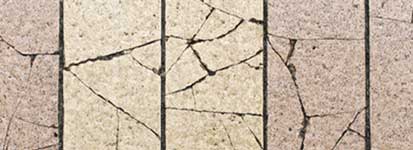
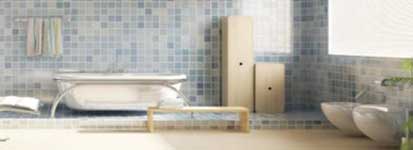

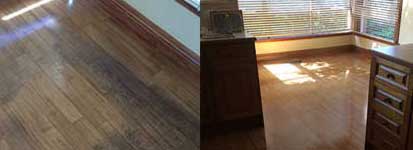
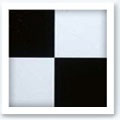
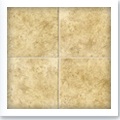
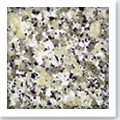
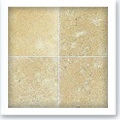
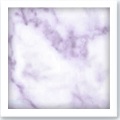
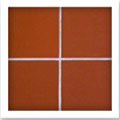
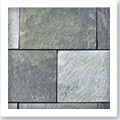
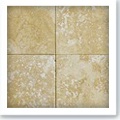
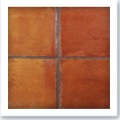
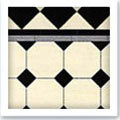
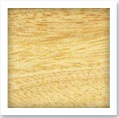
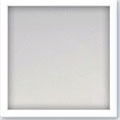
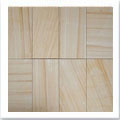
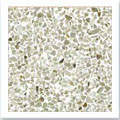
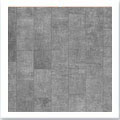
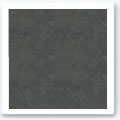
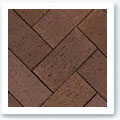
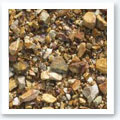




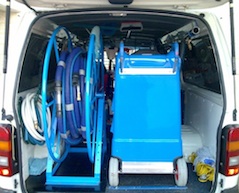
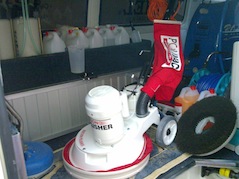

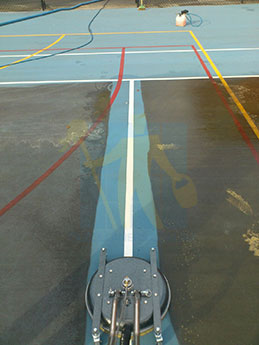


 Availability for emergency
Availability for emergency
